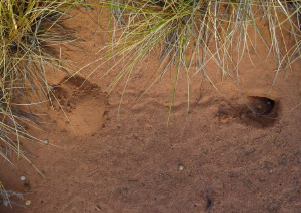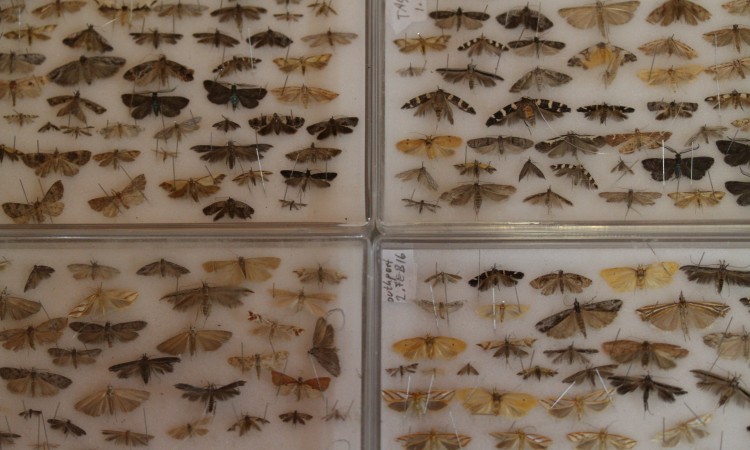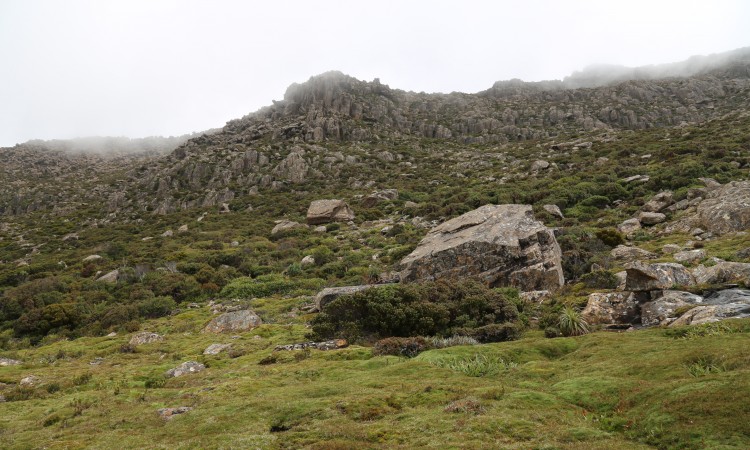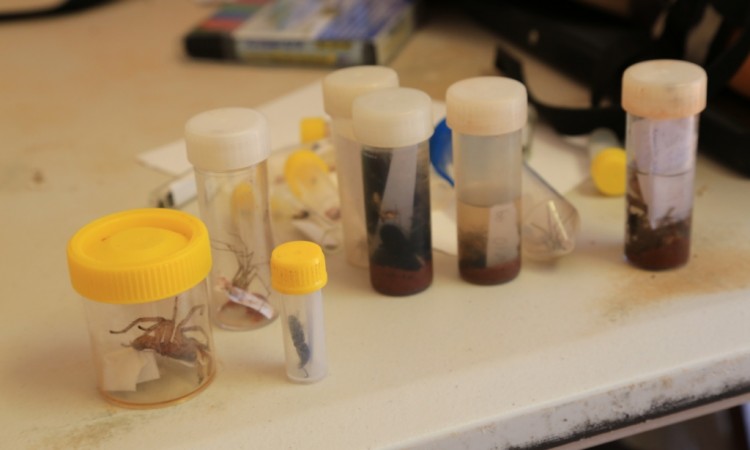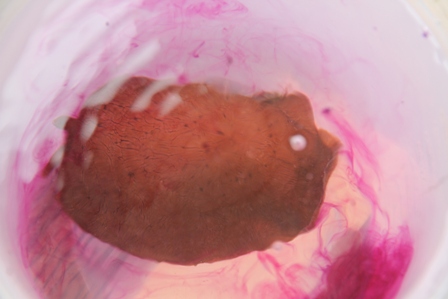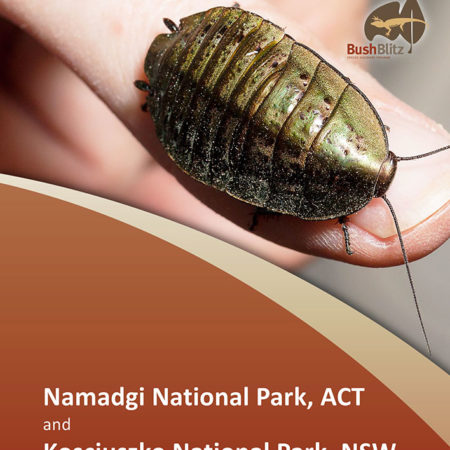The recent discovery and filming of a western marsupial mole (Notoryctes caurinus) by Indigenous rangers near Kiwirrkurra has garnered a lot of media attention. The marsupial mole, which is restricted to the deserts of central and western Australia, is almost never seen, and even less often captured on camera. It spends most of its time underground, and […]
Author: Bush Blitz
Media interest following the Bush Blitzes of Southest National Park and Bruny Island, Tasmania, 2016
Scientists that participated in the Southwest National Park and Bruny Island Bush Blitzes in February 2016 received a great deal of media interest. Bush Blitzer returns with hundreds of specimens – 936 ABC Hobart That’s not a smear on a rock – it’s a rare lichen! – 936 ABC Hobart Bush Blitz uncovers new violet in […]
Tasmania’s Wild South West
In early February a team of 17 scientists embarked on a Bush Blitz expedition into the remote and magnificent Southwest National Park which forms part of the Tasmania Wilderness World Heritage Area. This is Tasmania’s largest national park and is made up of wild rivers, jagged mountain ranges, rolling buttongrass and cushion plant plains, patches […]
Spiders from Kiwirrkurra
Dr Barbara Baehr’s results have come through from the Kiwirrkurra Bush Blitz. A memory: Barbara bustles into the little demountable building that was our office at Kiwirrkurra. It is mid-morning, and she has returned from her first day checking the spider pitfall traps. Underneath her broad-brimmed hat her face is ruddy, radiant, glowing with happiness. […]
Bush Blitz dives deep
From the deserts of central Australia to the wet topics of the top end right down to the alpine areas of Tasmanian Bush Blitz scientists have discovered new species and made thousands of new records. Surveying some of the remotest places in Australia isn’t always easy so 4WDs and helicopters are the usual way these scientists get to work each day. But […]
Namadgi National Park ACT and Kosciuszko National Park NSW, 2013
In December 2013, a Bush Blitz survey was conducted in parts of Namadgi National Park in the Australian Capital Territory and Kosciuszko National Park in New South Wales. In total 807 species were added to those previously recorded from the reserve, including 71 putative species new to science. Two threatened plant species were recorded, as […]

